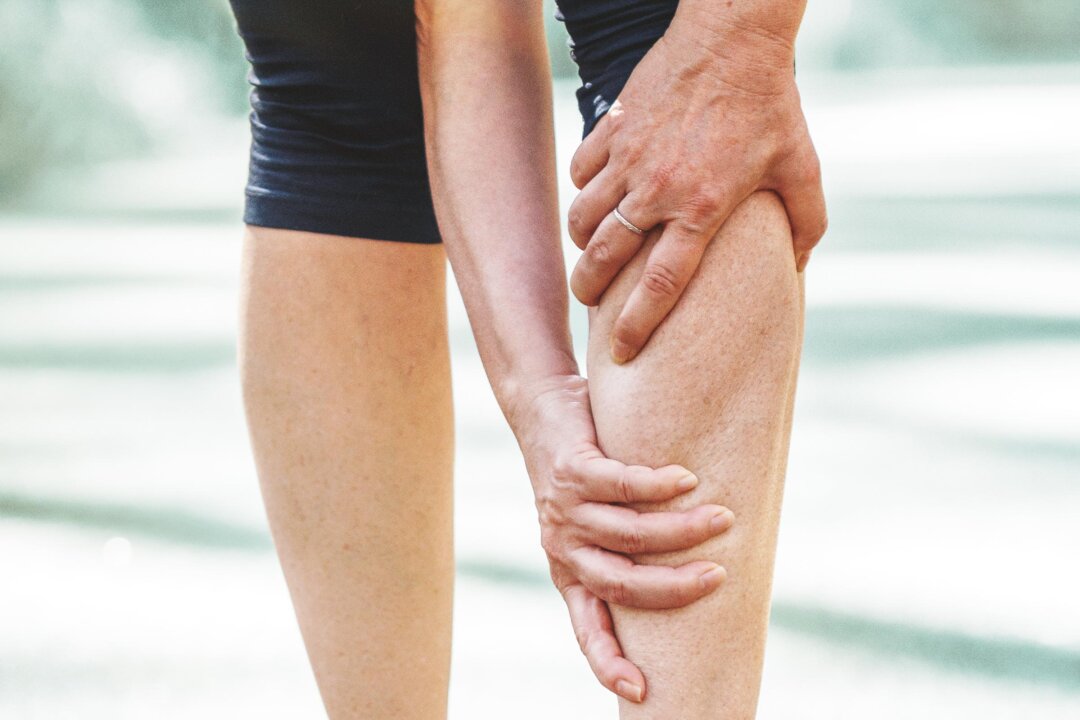Muscle cramps can strike unexpectedly, causing intense discomfort that disrupts sleep and daily activities. These involuntary contractions often occur during warmer months when dehydration is common. While conventional medicine attributes cramps to the loss of electrolytes, traditional Chinese medicine (TCM) offers a broader understanding, framing cramps as indicators of depleted energy, fluids, and nutrients.
Understanding Muscle Cramps
Muscle cramps typically arise from prolonged sweating, which leads to the loss of vital water and electrolytes such as sodium, potassium, and magnesium. These minerals play a crucial role in nerve signal transmission and muscle contraction. When their levels become imbalanced, the regulation of calcium within muscle cells can falter, resulting in involuntary contractions commonly referred to as “charley horses.”
The summer heat can exacerbate this issue, as higher temperatures often lead to increased perspiration and subsequent dehydration. Individuals engaging in physical activities, particularly in hot environments, may find themselves more susceptible to cramps. Recognizing the signs and symptoms early can be key to managing and preventing these painful episodes.
Integrating TCM Approaches
TCM approaches muscle cramps by focusing on restoring balance to the body’s energy and fluids. This perspective emphasizes the importance of hydration, targeted acupressure, and the use of herbal remedies. Acupressure involves applying pressure to specific points on the body, which can stimulate energy flow and alleviate discomfort.
According to practitioners of TCM, certain acupoints may be particularly effective in reducing the occurrence and severity of muscle cramps. These points can be accessed easily, allowing individuals to perform self-care at home. Additionally, herbal teas, known for their anti-inflammatory properties, can support muscle recovery and enhance hydration.
Common herbal remedies include teas made from ginger, chamomile, or peppermint, which can soothe muscle tension and promote relaxation. Consuming these herbal infusions regularly may help bolster the body’s resilience against cramps, particularly during periods of heat or physical exertion.
Hydration remains a cornerstone of prevention. Drinking adequate amounts of water throughout the day, especially before and after exercise, is essential. Electrolyte-rich beverages can also help restore balance after intense sweating. Incorporating foods high in potassium and magnesium, such as bananas, nuts, and leafy greens, can further support muscle function.
Ultimately, the integration of TCM practices with conventional methods offers a holistic approach to managing muscle cramps. By understanding the underlying causes and implementing strategies for prevention and relief, individuals can improve their overall well-being and reduce the likelihood of experiencing painful muscle contractions.
With the right combination of hydration, acupressure, and herbal remedies, it is possible to tackle muscle cramps effectively, ensuring a more comfortable and active lifestyle.





































































